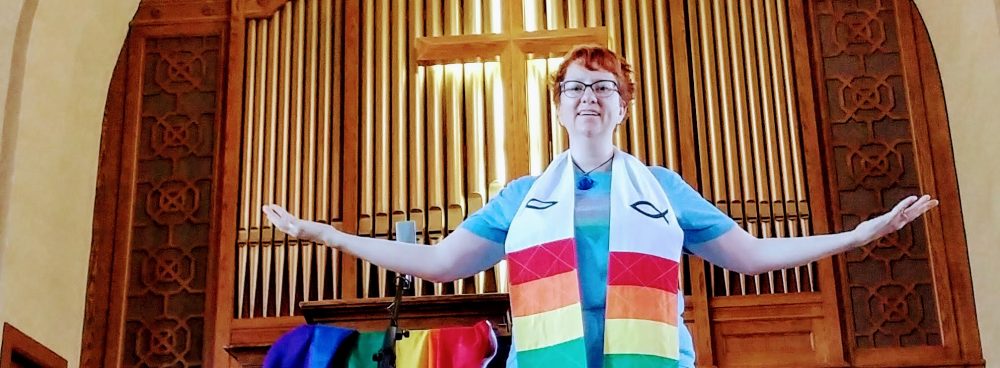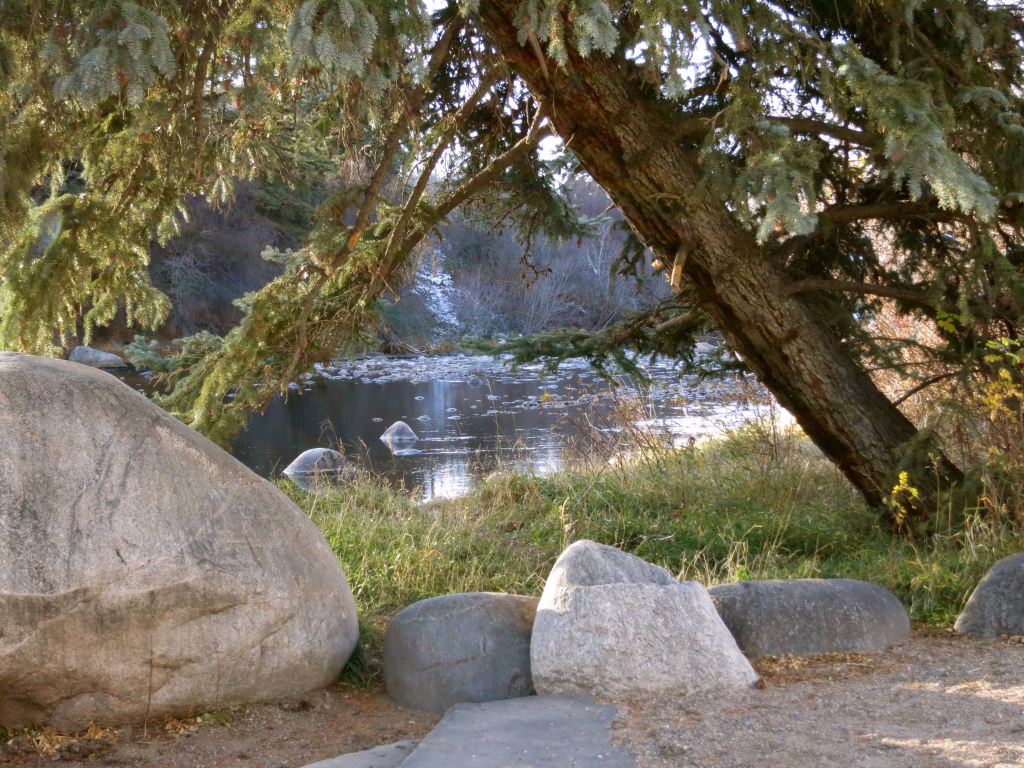In Mark 1:21-28, we read about the beginning of Jesus’ public ministry. The first thing he does is call into question the authority of the scribes. We don’t know what Jesus taught that day but it was something that called into question whether the scribes interpretation of the law and prophets is correct. This upsets the scribes—understandably. It also creates an environment where people who spent their whole lives listening to the scribes can now question what they’ve been taught. Everyone at the synagogue who heard Jesus’ teaching has had their world view called into question.
For some, that might be a relief. It might be a breath of fresh air. But for those who have had power and authority, like the scribes, having their opinions, knowledge and status questioned shakes the foundation of their privilege as leaders and teachers in their community.
Into this moment, an “unclean spirit” speaks. There are many ways to interpret the unclean spirit. Some might say this is an actual demonic possession. Some might say this is a mental illness. Some might say the whole story is simply a metaphor. Whatever this unclean spirit it is, it attempts to shore up the authority of the scribes. “What do we have to do with you? Have you come to destroy us?” This unclean spirit speaks to Jesus on behalf of the scribes.
And then the unclean spirit tries to name Jesus. In antiquity, naming someone by their true name was thought to give that person power over the person they were naming. The unclean spirit says, “Jesus, you Nazarene….the Holy one of God.” Using these names is an attempt by the unclean spirit to name Jesus and gain control over him on behalf of the scribes. But Jesus didn’t even have to name the unclean spirit in order have authority over the unclean spirit. Jesus simply says, “be quiet and come out.”
Jesus was so firm in his authority from God that he simply spoke. Without any convincing, the unclean spirit simply gives up and leaves. This story isn’t just about Jesus casting out an unclean spirit. This is a story of Jesus taking on structures of religion and government that harm people in his community and keep them oppressed and in their place. This story sets the stage for Jesus’ ministry of unsettling powerful people, speaking against established authorities and claiming his own authority on behalf of God.
This passage calls into question who or what has authority in our lives. It creates space for us to question what we think we know and then speak with authority to change the world.
For example, the Truth and Reconciliation commission, forced many of us to question what we knew about the history of Indigenous peoples in Canada and the role of Residential Schools in that history. We heard stories that were painful and we had to confront our role and complicity in a system that continues to oppress Indigenous peoples. In this sense we might see ourselves as the scribes. We told a particular version of history that was to our benefit. Many of us were blind to the ways this version of history harmed Indigenous peoples, ourselves and our country. There have been many attempts to silence the stories, or perhaps spin them to soften the blow for the settler peoples or even justify the oppression. We might think of these attempts as the unclean spirit…the voice that wants to silent dissent and maintain the status quo. And then there are the voices that speak with authority…real authority. The voices that speak from the conviction of lived experience. The voices that risk conflict in order to be heard. The voices that will not allow the unclean spirits of the world to have the last word.
I’ve offered the example of our relationship with Indigenous peoples but we could also talk about homophobia, Black Lives Matter, poverty, racism, climate change …The list goes on and on…
Imagine yourself standing in the synagogue on the day that Jesus arrives. It’s a normal day and there are people gathered to hear the scribes teach. They have opened their books and are telling everyone what the books say. You’ve heard it all before. But then there’s another sound. Someone else is teaching, except this person is interpreting the scripture in a way you haven’t heard before.
And then there is the jarring sound of screaming as someone attacks this new preacher in order to defend the old teachings. The new teacher simply speaks…orders the spirit to be quiet and leave.
Which teachings seem more powerful to you now? The ones that have never been questioned and just passed from one generation to the next or the ones that force you to question what you know? Even though old teachings have the weight of generations behind them, they might not be the ones we need for this time.
Jesus is creating space for us to question everything we think we know about ourselves and the world. Jesus is giving us the opportunity to stand firm in the face of the unclean spirits that hold us and our world captive. But before we can speak with authority, we have to choose whether we will be like the scribes who want to hold onto their power at all costs or will risk everything to speak with God’s authority?




